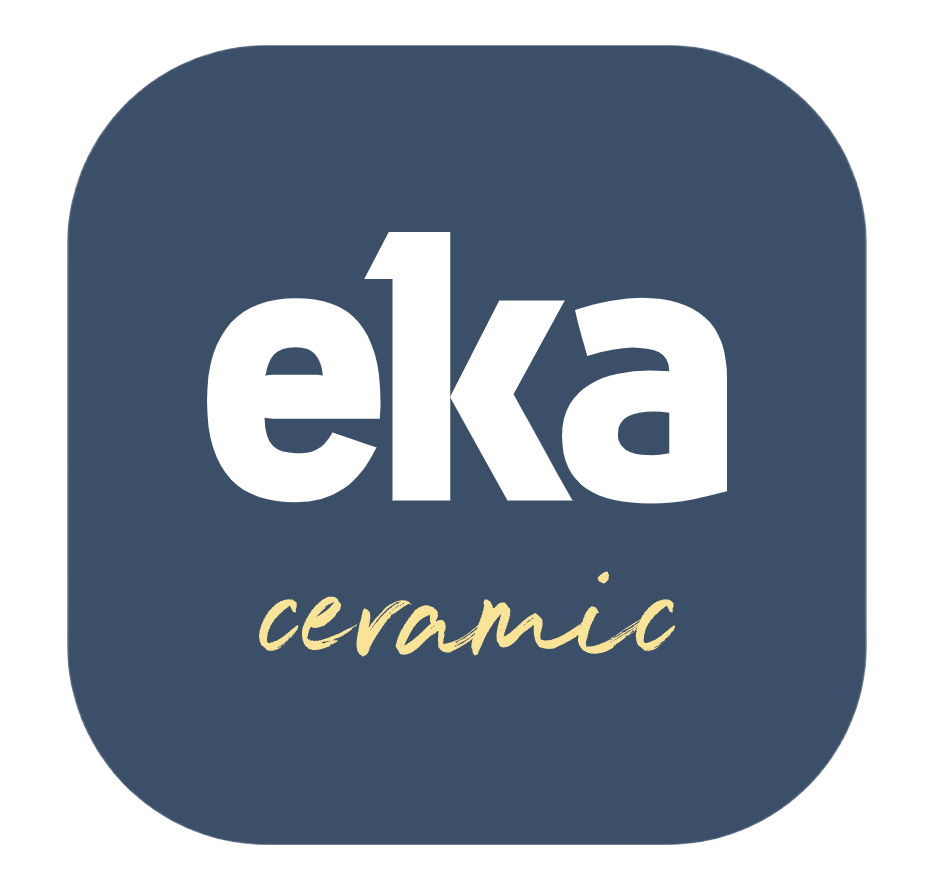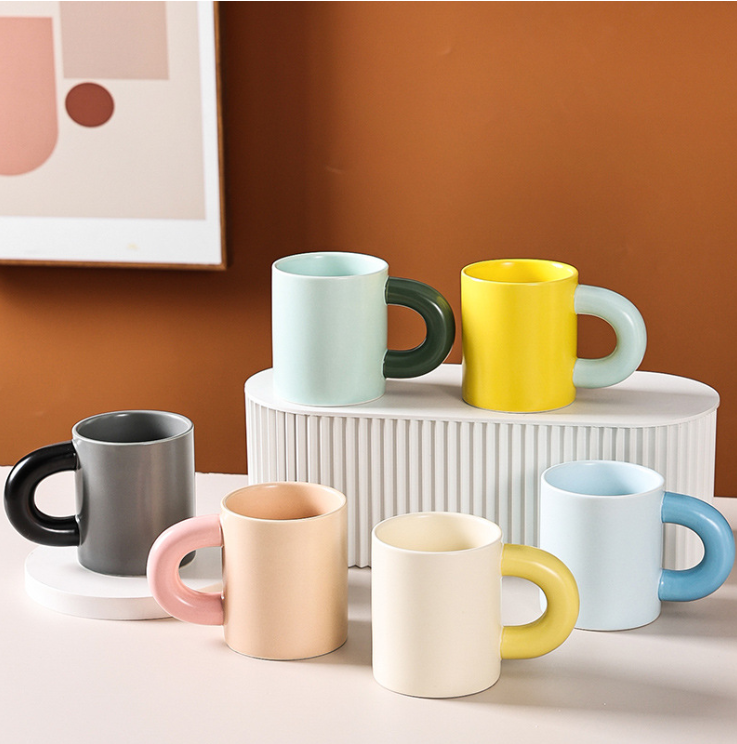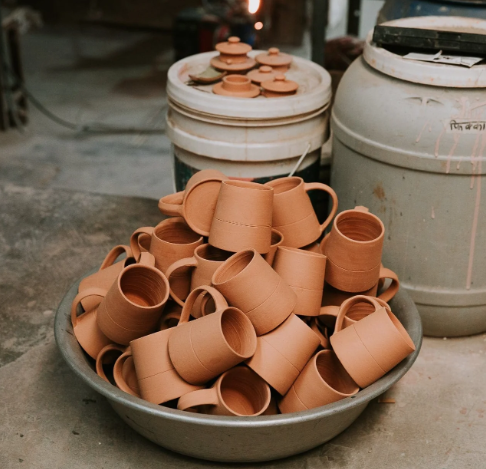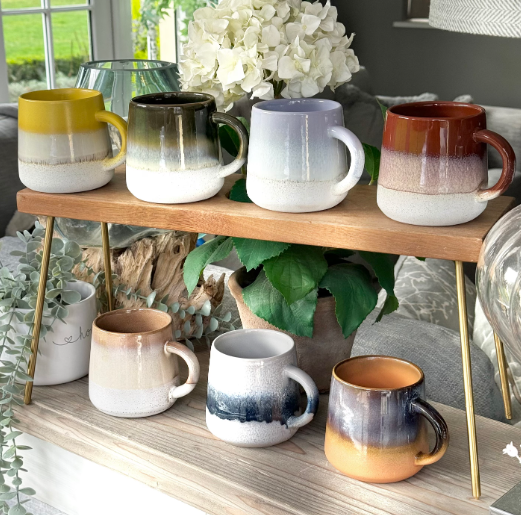In the world of ceramics, one of the most frequently asked questions pertains to the safety of pouring boiling water into ceramic mugs. As a leading manufacturer and supplier of high-quality ceramic products, including mugs, at EKA Ceramic, we aim to provide detailed insights that will assist B2B purchasers in making informed decisions about their product selections. This article will delve into the science behind ceramic materials, safety considerations, and practical guidelines for using ceramic mugs with boiling water.
What is Ceramic Mugs?
Ceramic mugs are popular in both commercial and residential settings due to their durability, aesthetic appeal, and thermal properties. They are made from a variety of clay materials and are fired at high temperatures, which affects their strength and safety. When considering the use of boiling water, several factors come into play, including the type of ceramic, the glaze used, and the manufacturing process.
Types of Ceramics
Ceramics can be broadly categorized into the following types:
- Stoneware: Known for its durability and heat retention, stoneware is often safe for boiling liquids.
- Porcelain: This type is fired at higher temperatures and is typically more resistant to thermal shock, making it suitable for boiling water.
- Earthenware: More porous and less durable, earthenware may not withstand boiling water as well as stoneware or porcelain.
Safety of Pouring Boiling Water into Ceramic Mugs
The safety of pouring boiling water into ceramic mugs largely depends on the following factors:
- Material Quality: High-quality ceramic mugs, like those produced by EKA Ceramic, are designed to handle high temperatures. Inferior quality ceramics may crack or leach harmful substances when exposed to boiling water.
- Glazing: The type of glaze used on a ceramic mug can affect its safety. Some glazes may contain lead or other harmful chemicals that could leach into hot liquids. Always ensure that the mugs you procure are made with food-safe glazes.
- Thermal Shock Resistance: Ceramic materials have varying degrees of thermal shock resistance. Mugs designed for hot beverages are typically tested for this property, ensuring they won’t crack or shatter when exposed to boiling water.
- Manufacturing Process: The firing process during production plays a crucial role in determining a mug’s strength and safety. Properly fired mugs have reduced porosity and increased strength, making them safer for hot liquids.
Practical Guidelines for B2B Buyers
When sourcing ceramic mugs for commercial purposes, it’s essential to consider the following:
- Supplier Reputation: Choose reputable suppliers, such as EKA Ceramic, known for high-quality products and adherence to safety standards.
- Certifications: Look for mugs that come with certifications indicating they meet food safety standards. Such as Lead isolation ASTM C738 test.
- Testing and Warranty: Consider products that have undergone testing for thermal shock resistance and come with a warranty.
Comparative Analysis of Ceramic Mugs
To aid B2B buyers in selecting the right ceramic mugs, we present a comparative analysis of different types of ceramic mugs and their suitability for boiling water.
| Type of Ceramic Mug | Material Characteristics | Safety for Boiling Water | Recommended Usage |
|---|---|---|---|
| Stoneware | Durable, good heat retention | High | Ideal for restaurants and cafes |
| Porcelain | High-fired, resistant to chipping | Very High | Suitable for upscale dining environments |
| Earthenware | More porous, less durable | Moderate | Best for decorative use, not recommended for boiling water |
| Reactive Glaze Mugs | Unique patterns, varies in safety | Variable | Check for food-safe certifications |
Key Takeaways
- Material Matters: The type of ceramic significantly impacts safety when using boiling water.
- Quality Over Cost: Investing in high-quality ceramic mugs ensures better safety and longevity.
- Regulatory Compliance: Always verify that the products meet food safety regulations to protect your brand’s reputation.
Conclusion
Pouring boiling water into ceramic mugs can be safe if the mugs are made from high-quality materials and designed to withstand high temperatures. B2B buyers must prioritize sourcing from reputable manufacturers like EKA Ceramic, who provide ODM and OEM services tailored to their needs. By understanding the properties of different types of ceramics and adhering to safety guidelines, businesses can offer their customers the best products without compromising on safety.
For more information or to explore our extensive range of ceramic mugs and other products, visit us at EKA Ceramic. Our dedicated team is ready to assist you in selecting the right products for your business needs, ensuring quality, safety, and satisfaction.




